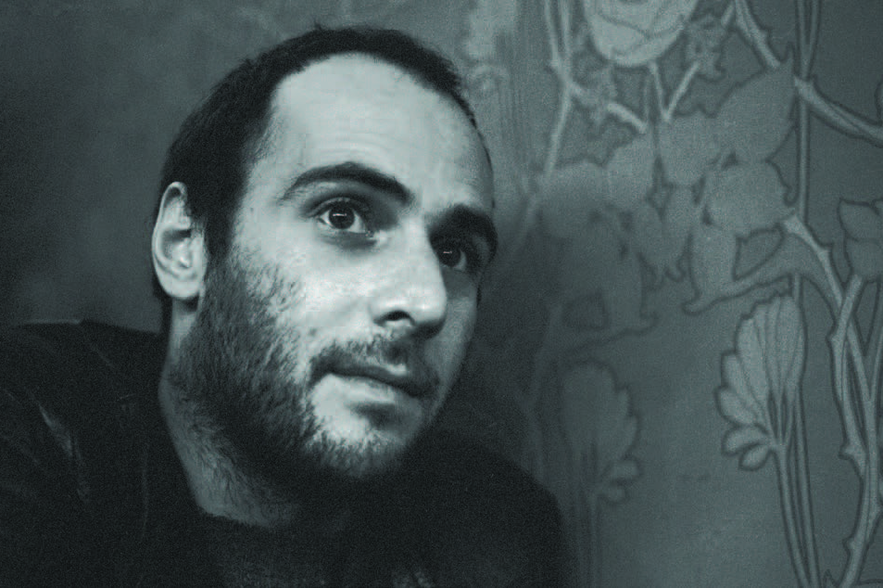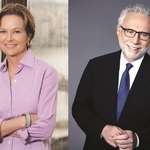Thomas Brasch: The Life of an Artist

The life and legacy of the multifaceted artist Thomas Brasch will be the topic of discussion by a panel including Professor Cathy Gelbin (The University of Manchester), German Consul General in New York, David Gill, and artist Alexander Polzin. Dr. Melanie Lorek (CUNY) will moderate.
About the Speakers
Professor Cathy Gelbin is the co-editor of the Leo Baeck Institute Year Book for German-Jewish History and Culture (Oxford Journals). She is a film historian and cultural studies scholar with special interests in European life and its Jewish cultures. Her work on feature film, video testimony, literary texts and live art has focused on Holocaust representations and the dynamics of modern German-speaking Jewish culture. Before joining the University of Manchester, she was Research Associate and Director of Research and Educational Programmes at the Centre for German-Jewish Studies, University of Sussex.
David Gill, German Consul General in New York, was born in Schönebeck/Elbe in 1966. He has been the Consul General in New York since August 2017. Prior to his appointment, he served as State Secretary and Head of the Office of the Federal President from 2012-2017.
Dr. Melanie Lorek is Assistant Professor of Sociology and Human Relations at CUNY School of Professional Studies. Her work focuses on the current relevance and commemoration of the GDR and socialist thought. In her recent scholarship she examined how East Germans remember the German reunification as well as the social and symbolic meanings of GDR recipes posted online. She is currently preparing a book manuscript examining the ways in which the commemoration of East Germany’s socialist past is used to construct, build, and negotiate its present.
Alexander Polzin, born in East Berlin in 1973, originally trained as a stonemason. He enjoys an international career as a sculptor, painter, stage designer and opera director. In addition, he develops unique collaborations with writers, composers, musicians, choreographers and scholars from all over the world. He was a close friend of Brasch's and organized a multifaceted tribute to Brasch at the 2021 Berlin International Literature Festival.
Part of the Thomas Brasch Retrospective
Born in England to Kindertransport refugees who were active Communists – Thomas Brasch came to embody the fault lines of German history like few other artists. As his father Horst Brasch rose in the ranks of East Germany’s ruling Socialist Unity Party, Thomas became an uncompromisingly radical writer whose activism led to censorship and three months in prison. After his move to West Germany, he refused to play the role of GDR-dissident and focused his critique on West German society and German history in plays, poetry, and a series of brilliant but challenging films. Although he is highly regarded as a translator of Chekhov’s and Shakespeare’s works into German, none of Thomas Brasch’s major works have ever been published in English. His major films, jarring meditations on German history such as Der Passagier – Welcome to Germany (1988, starring Tony Curtis as a choleric Hollywood director who returns to Germany to make a film about his experience in a concentration camp), are rarely shown in the United States. This spring, LBI, the Goethe-Institut New York, The German Film Office, The German Consulate General in New York, Deutsches Haus at NYU, and the Friends of Freiburg Alumni of North America will re-introduce audiences to this remarkable artist and story.





